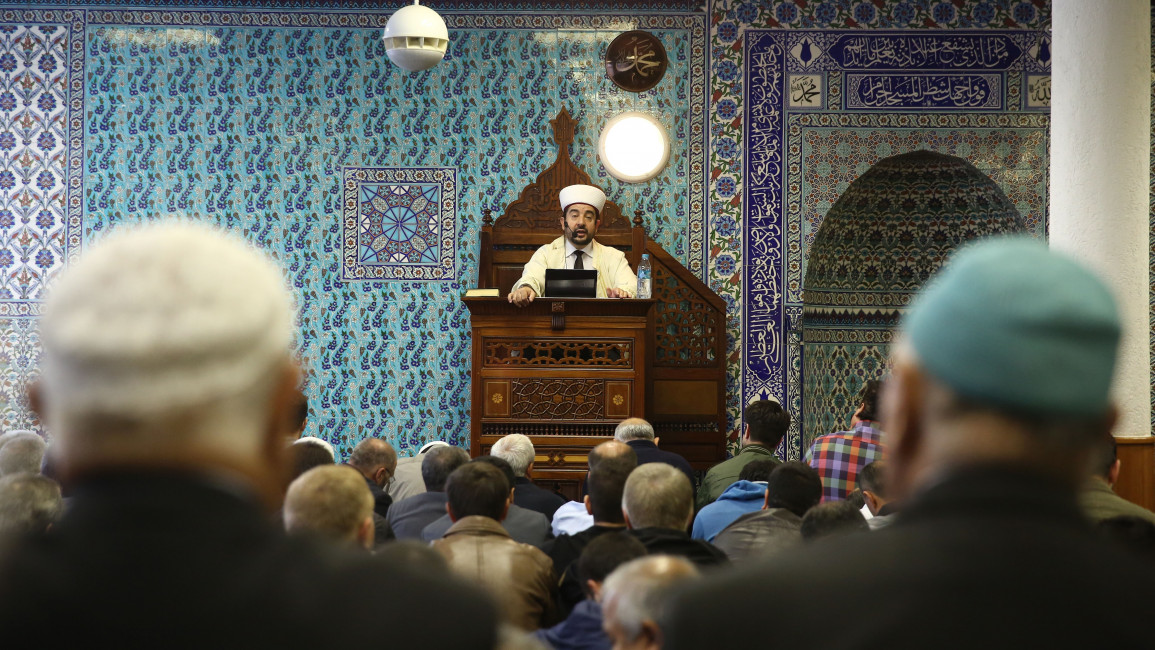by Santosh Digal
Filipino
Muslims are against the “halal” butchering of cloned meat, while the
Islamic academy of Pakistan admits its validity. Pressure from
multinational companies that project business of more than 150 billion
dollars per year. Human cloning banned outright.
Manila
(AsiaNews) – Religious Filipino Muslims and food experts say they are
against the “halal” butchering – according to the precepts imposed by
Islam – of meat from cloned animals: the Muslim Mindanao Halal
Certifying Board Inc. (MMHCBI), an organisation established to certify
the compliance of meat preparation, made up of representatives from six
Islamic majority provinces in the country, has begun considering a
fatwa issued on this matter by the Islamic academy of Pakistan.
The Filipino Muslims and food scientists maintain that it is
impossible to “accept the norm on animal cloning” that permits
“conformity to Islamic law”, even though the opinion of the Pakistani
clerics is positive. According to the head of the academy of Pakistan,
“cloning is permissible in case of plants as well as in case of animals
except human beings”, because this creates problems of a “social and
moral nature”.
Ustadz Esmael Ebrahim, spokesman of the MMHCBI, emphasises that
cloning, and human cloning in particular, is “against the precepts of
Islam, because the Qur’an recognises the development of the individual
in a well-defined spatial-temporal matrix”, according to a divine plan
that “cannot be preserved or reproduced in a delayed time frame”.
There is in any case a legislative void on this matter in the Muslim
world.
The foundation of all of this seems to be an economic question:
Filipino religious leaders are planning a summit with the association
of meat producers in Mindanao – made up of representatives from Nestlè,
Del Monte, Magnolia Swift, and Bounty Fresh – interested in promoting
trade in meat butchered according to Islamic rules. This market is
believed to guarantee a volume of business of more than 150 billion
dollars per year in Muslim majority countries of the Middle East, Asia,
and Africa, an enticing prospect for multinational companies in the
sector.




